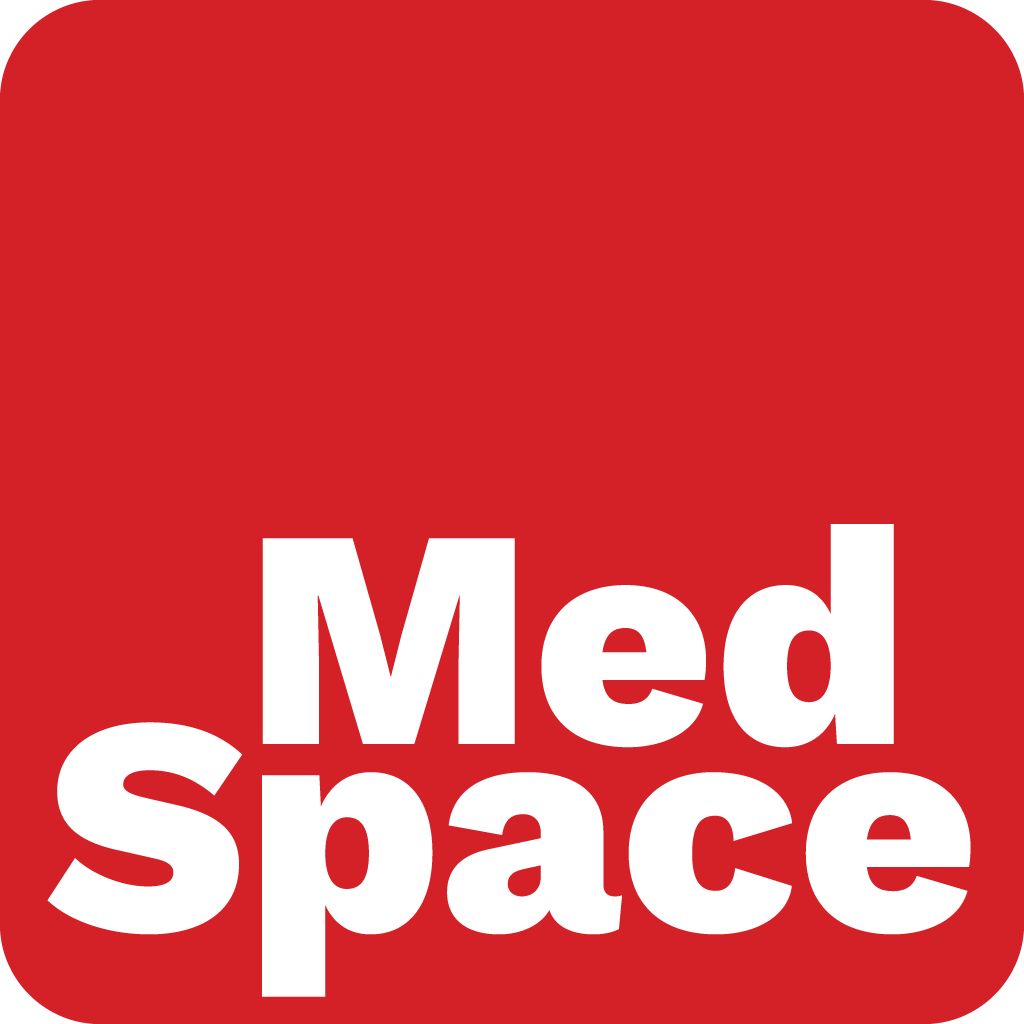The tubulin polymerization and Src kinase signaling inhibitor tirbanibulin is being investigated as a topical treatment for actinic keratosis, a precursor of squa- mous-cell carcinoma.
A total of 702 patients were enrolled in the two trials (351 patients per trial). Complete clearance in trial 1 occurred in 44% of the patients (77 of 175) in the tirbanibulin group and in 5% of those (8 of 176) in the vehicle group (difference, 40 percentage points; 95% confidence interval [CI], 32 to 47; P<0.001); in trial 2, the percentages were 54% (97 of 178 patients) and 13% (22 of 173), respectively (difference, 42 percentage points; 95% CI, 33 to 51; P<0.001). The percentages of patients with partial clearance were significantly higher in the tirbanibulin groups than in the vehicle groups. At 1 year, the estimated percentage of patients with recurrent lesions was 47% among patients who had had a complete response to tirbanibulin. The most common local reactions to tirbanibulin were erythema in 91% of the patients and flaking or scaling in 82%. Adverse events with tirbanibulin were application-site pain in 10% of the patients and pruritus in 9%, all of which resolved.
N Engl J Med 2021;384:512-20.
DOI: 10.1056/NEJMoa2024040

